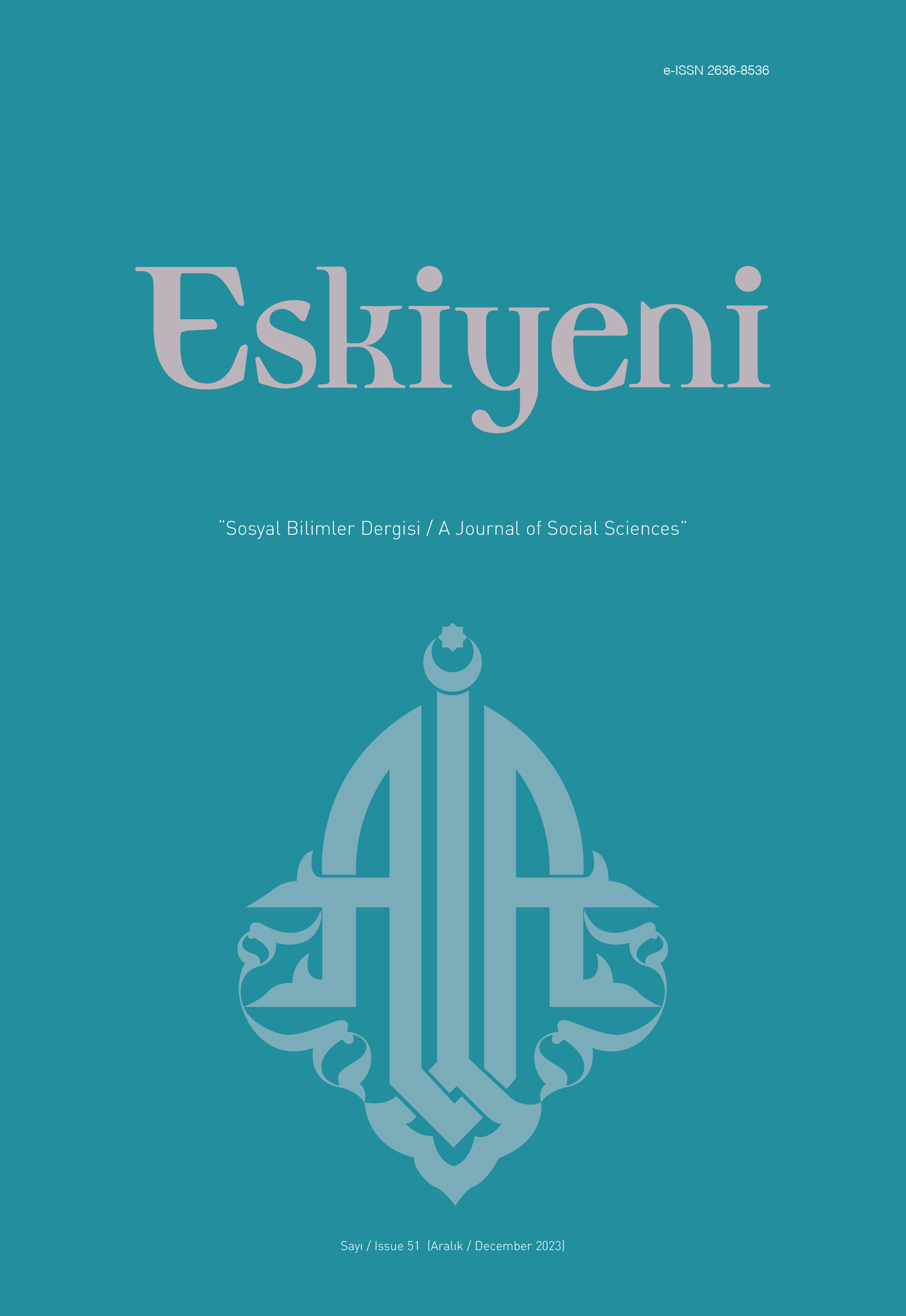The Muslim Difference: Defining the Line between Believers and Unbelievers from Early Islam to the Present, by Youshaa Patel
The Muslim Difference: Defining the Line between Believers and Unbelievers from Early Islam to the Present, by Youshaa Patel
Author(s): Ömer YilmazSubject(s): Social Sciences, Law, Constitution, Jurisprudence, Theology and Religion, Book-Review
Published by: Anadolu İlahiyat Akademisi
Keywords: Islamic Law; Muslim Difference; Pilgrimage; Fasting; Islamophobia
Summary/Abstract: Review of: The Muslim Difference: Defining the Line between Believers and Unbelievers from Early Islam to the Present, by Youshaa Patel (New Haven: Yale University Press, 2022), 341 pages, ISBN: 978-0-300-24896-8 Fulfilling the orders and prohibitions of Islam will make Muslims different. Performing ablution and praying five times a day affects the daily routine of Muslims. The fact that fasting Muslims wake up and eat at night and abstain from eating, drinking, and having sex during the day is an essential factor in the difference between Muslims and non-Muslims. For Muslims, performing the pilgrimage constitutes the pinnacle of their similarity to each other and their differentiation from members of other religions. The prohibition of waste established by Islam requires Muslims to adopt a simple lifestyle and clothing style that is away from ostentation. It primarily prevents silk clothes from being worn by men and creates a difference between cultures that use silk extensively in their clothes. When we evaluate these differences together, we can say that the difference in Islam is not a goal but a result. Commands that act on difference are not commanded to create difference. For example, fasting is effective on difference; however, commanding Muslims to fast is not to make them different from other people. The Prophet Muhammad’s approach to silk clothes is also within this framework. He said that this was the clothing of those without a share in the afterlife. The aim is not to create a difference but to prevent waste and ostentation. The difference that occurs when religious obligations are fulfilled is not abnormal. This is within the scope of freedom of belief; however, when Muslim difference is transformed from a consequence of Islamic commands and prohibitions into a direct goal, it will cause artificiality and alienation of Muslims from their society. There is no doubt that this supports Islamophobia.
Journal: Eskiyeni
- Issue Year: 2023
- Issue No: 51
- Page Range: 1246-1250
- Page Count: 5
- Language: English

